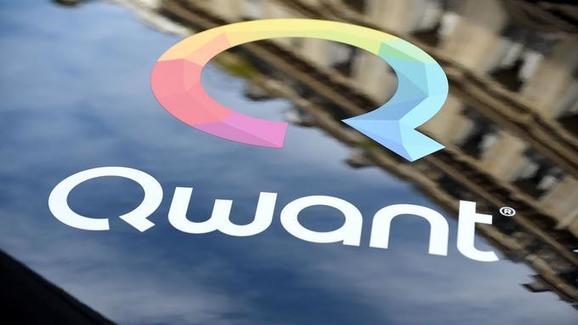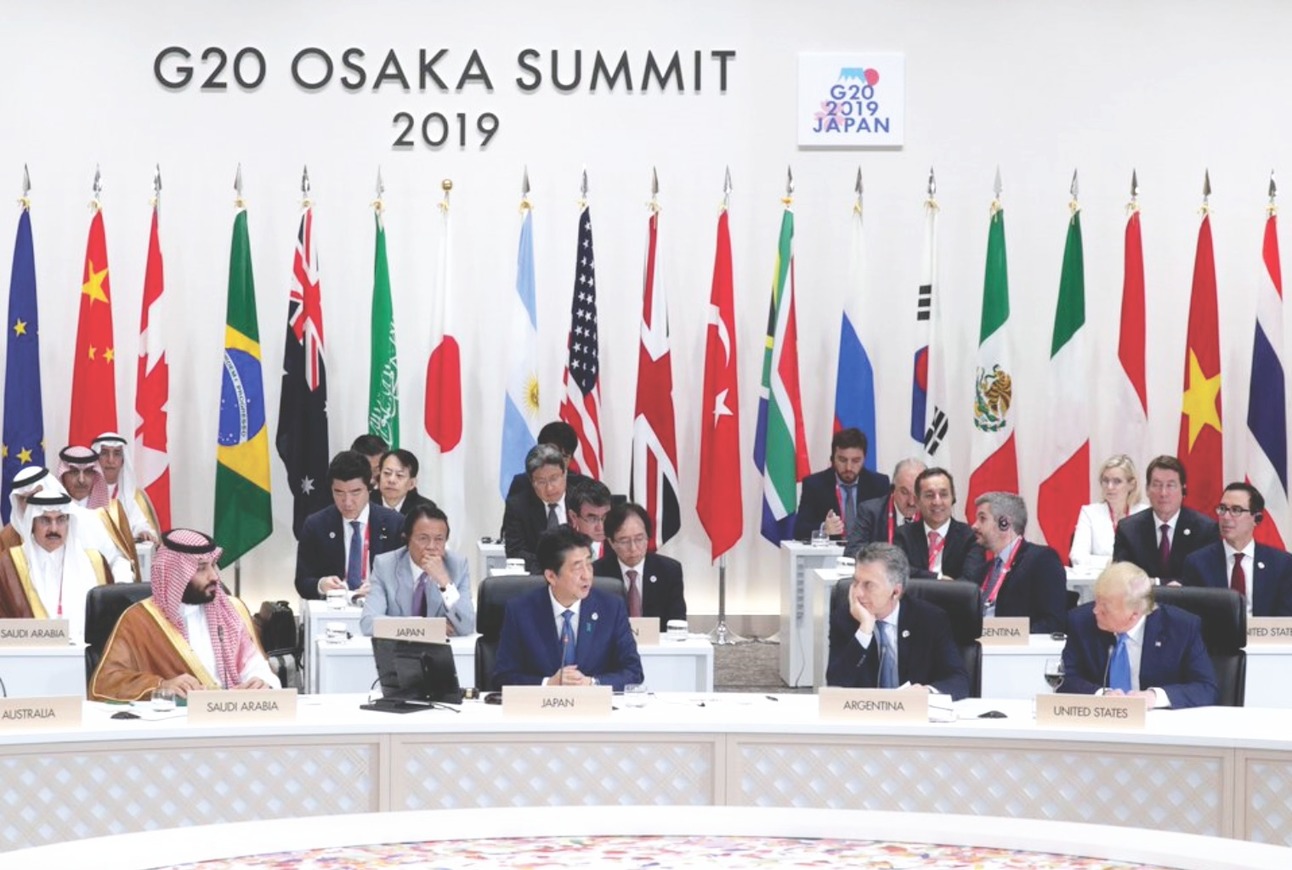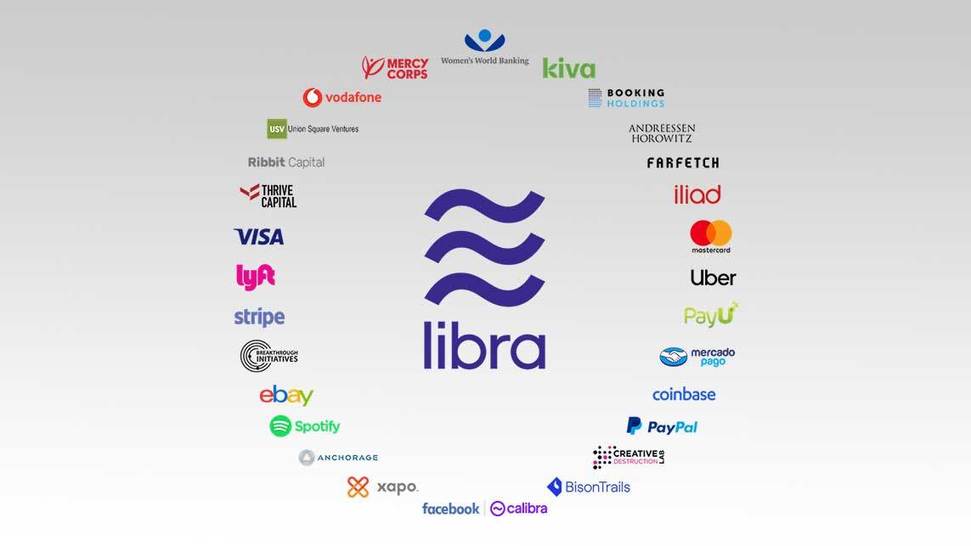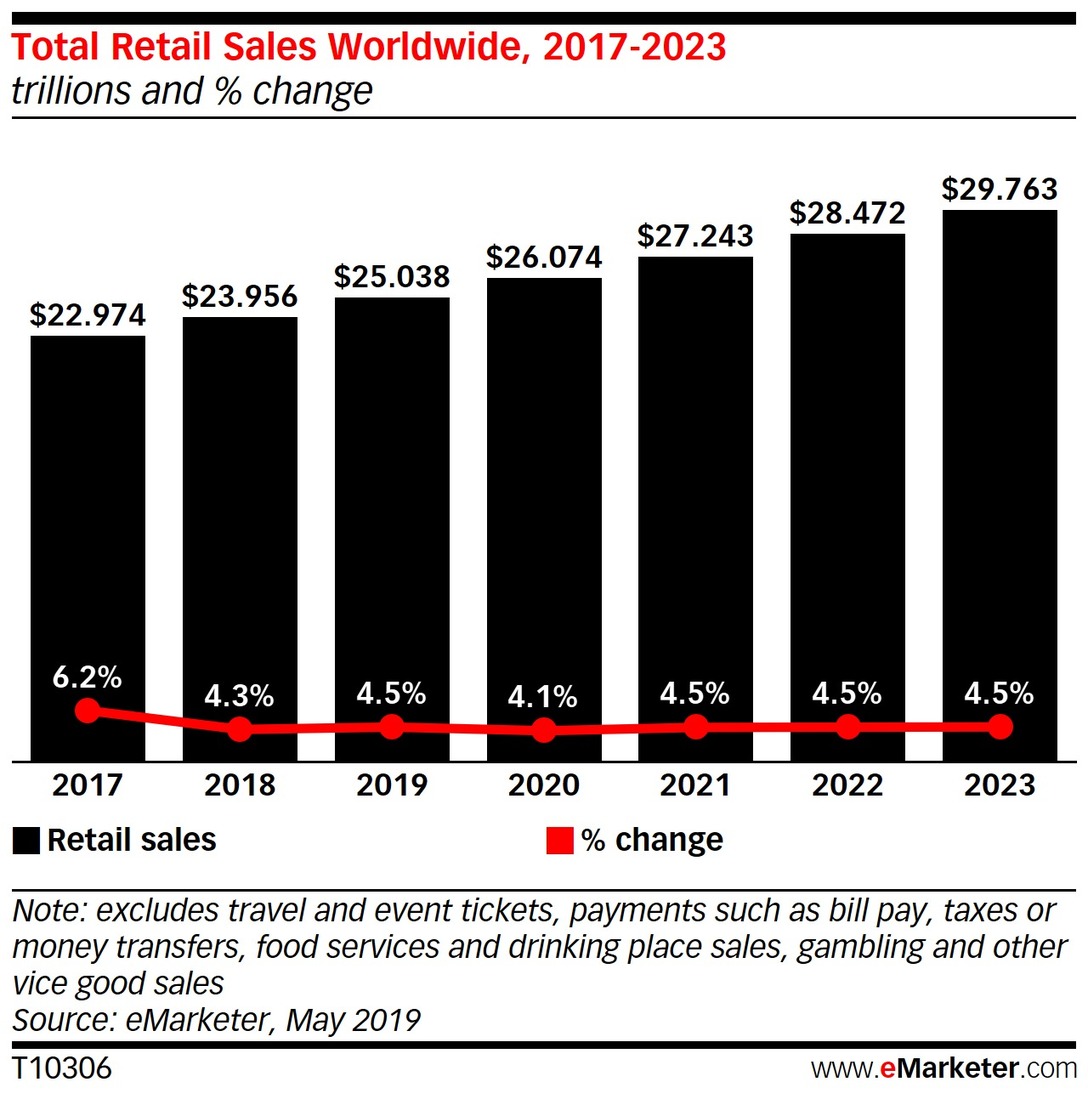Qwant : enquête sur les déboires du «Google français»
Le chiffre d’affaires du moteur de recherche Qwant, autoproclamé rival du géant américain, ne décolle pas et les pertes s’accumulent malgré le soutien sans faille des pouvoirs publics. En coulisses, les doutes s’accroissent.Il se présente comme l’irréductible moteur de recherche français face à Google. Le seul capable de redorer le blason de la tech européenne, tout en défendant la vie privée de millions de citoyens. Pour tenir cette belle promesse, Qwant ne dispose que de 50 millions d’euros et du soutien du gouvernement. Alors que, pour la seule année 2018, Google a dépensé 6 milliards de dollars de recherche et développement et 4,3 milliards l’année précédente. Nombreux sont ceux qui souhaitent l’émergence d’une alternative française ou européenne à Google, qui occupe plus de 95 % du marché français et rafle la quasi-intégralité des recettes publicitaires de la recherche sur Internet.Faut-il parier sur Qwant pour bousculer Google? Les pouvoirs publics, et particulièrement Emmanuel Macron, veulent y croire. Ainsi, début mai, le secrétaire d’État au Numérique, Cédric O, a donné à Qwant un coup de pouce très médiatique, en promettant que le moteur de recherche français serait bientôt installé par défaut sur les postes de 2,5 millions de fonctionnaires.








